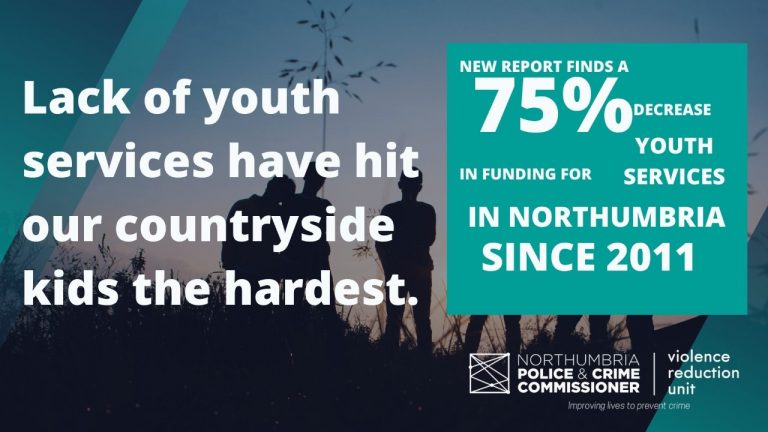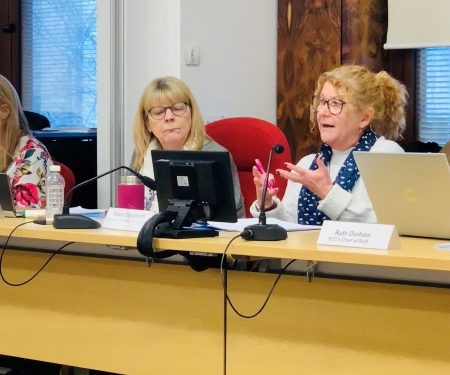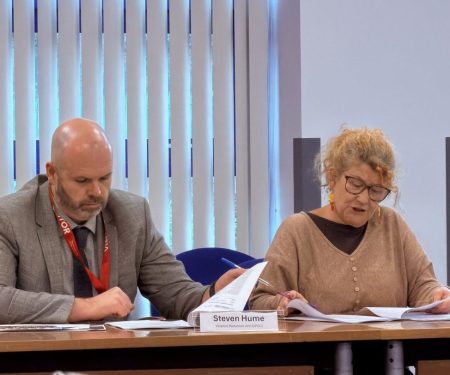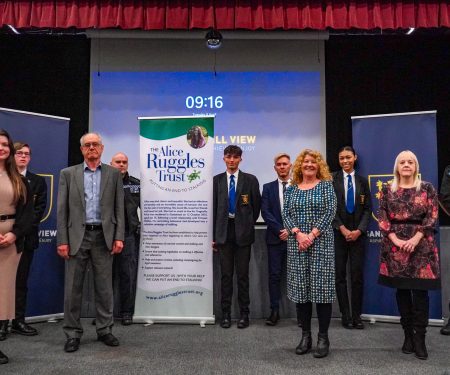PRESS RELEASE
“LACK of youth services have hit our kids in the countryside the hardest”, says Police Commissioner Kim McGuinness as she publishes a new report on how a decade of cuts to youth services are exposing rural youths to criminality.
Fearing the worst is yet to come, PCC McGuinness is calling on the Government to urgently invest in youth services, particularly in rural communities, if serious about levelling up.
The research, conducted as part of the Commissioner’s preventing crime strategy, highlights how local youth provisions are at breaking point revealing the true toll budget cuts and the Coronavirus pandemic have had on youth services.
Echoing calls made by the National Youth Agency, she wants to see the Government working with local authorities, frontline services and young people to create a Rural Action Plan to radically transform the provision of youth services in rural areas, which in some parts is largely non-existent.
Youth services across England and Wales are struggling but the Northumbria police force area, comprising 6 local authorities, has been hit disproportionately hard, in particular the rural areas in Northumbria and elsewhere. There has been a 75% decrease in local authority spending on youth services in Northumbria since 2011, with Northumberland suffering the greatest financial blows.
In fact, the average net expenditure on youth services is currently £62 per head in urban areas, whereas in rural areas it is £47 per head (a decrease from £108/head in 2011).
Nothumbria Police and Crime Commissioner, Kim McGuinness, said: “Young people are telling us they have little, if any, access to youth provision; they say there is nowhere to go and nothing to do. They tell us all the action and opportunity is in the towns and cities and quite frankly they are getting a raw deal simply because of where they live. Some don’t have a clue what a youth club is. There are however some fantastic youth organisations supporting young people but the struggle to keep afloat is so real – we’ll see fewer and fewer at this rate. Some are already feeling there only choice will be to close.”
“Unfortunately the lack of youth services has most impact on teenagers who could get into trouble, even if they’re not already. They prevent problems arising and can prevent the vulnerable from getting caught up in county lines and other forms of criminality.
“Young people and their needs and constantly being overlooked. It’s particularly our rural youths who seem to be missing from the government’s levelling up agenda. Government is also missing a sense of urgency on this.”
She continued: “Without real investment 2.25m young people will be left behind living in predominantly rural areas, living in villages, towns and coastal areas, more than 30,000 of these young people are from Northumberland alone.”
The report, which pulls together the views of almost 100 North East youth work organisations, has prompted the Commissioner to call on the government for an urgent rescue strategy, to save the youth sector and young people from losing their way.
It features a series of key recommendations on how Government, local authorities and PCCs can come together to support future generations. As well as a Rural Action Plan (RAP), it recommends:
- The Government should appoint a minister who has a portfolio focussed on youth services.
- Youth services should be backed with urgent Government investment in the next Comprehensive Spending Review.
- The Government should devolve the funding and powers needed to create localised youth strategies in collaboration with young people themselves.
People working with young people have shared their thoughts on topics such as funding cuts, staffing levels and concerns for future generations.
Findings include:
- 82% of respondents believe safe locations for young people to gather and meet would help prevent those involved from falling into a life of crime.
- 77% stated that there needs to be an increase in youth services in their local area.
- 63% said that more employment and skill development opportunities were required to prevent youth criminality.
A separate report by the Audit Commission into the benefits of sport and leisure activities in preventing anti-social behaviour by young people estimates that a young person in the criminal justice system costs the taxpayer over £200,000 by the age of 16. But one who is given support to stay out costs less than £50,000.
To read the findings in full and the recommendations set out by the PCC please visit
https://northumbria-pcc.gov.uk/youth-survey-kim-mcguinness/
ENDS







